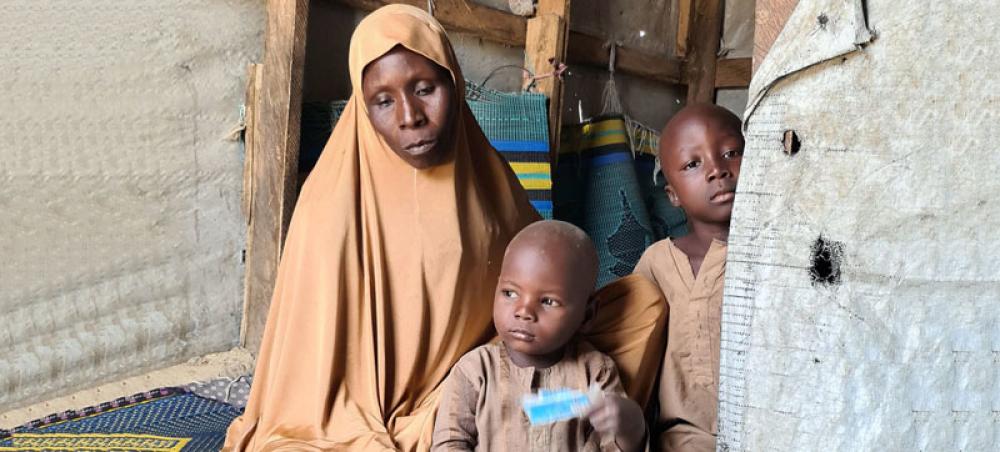Just Earth News | @justearthnews | 11 Jan 2021

New York: While elections are one-time events, “democracy is a constant process of deliberation and consultation” where dialogue provides an “important arena for the building of national consensus”, the top UN official in West Africa told the Security Council on Monday.
Against the backdrop of five presidential, three legislative and two local elections in the region which have taken place in recent months, Mohamed Ibn Chambas, Special Representative and Head of the UN Office for West Africa and the Sahel (UNOWAS), told ambassadors that electoral management bodies have “demonstrated impressive technical capacity to organize and conduct elections”.
Choosing officials
In presenting the latest report on West Africa and the Sahel from the Secretary-General, the UN envoy highlighted the presidential election in Burkina Faso, saying that "dialogue between political actors led to a unanimously accepted outcome, with the losing contenders congratulating President Roch Marc Christian Kaboré for his second term and committing to work together to tackle insecurity”.
In Ghana, Mr. Chambas said that elections were nonviolent overall and commended the peaceful poll in Niger on 27 November, which will “usher in the country’s first-ever democratic transition from one elected head of State to another”.
And notwithstanding election disputes and unacceptable levels of violence in Guinea, he noted “the polls overall went well”.
The Special Representative cited ongoing efforts in the Gambia to promote dialogue among political parties towards constitutional reform and lauded discussions in Côte d'Ivoire to rebuild national cohesion despite electoral turmoil.
Throughout, he told the Council that “UNOWAS worked hand-in-hand” with the Economic Community of West African States (ECOWAS), the African Union and other international partners.
An auspicious moment
After 20 years in Guinea-Bissau, Mr. Chambas said the 31 December closing of the UN field mission there, called UNIOGBIS, marked “an auspicious moment” for the country.
It enabled “Bissau-Guineans to come together and agree on a new Constitution that is more adapted to the country’s specificities, breaking the cycle of political upheavals, violence, and complex governance challenges”, he said.
The Special Representative informed ambassadors of the UN’s efforts in supporting the country’s democratic transition while highlighting the importance of addressing issues such as human rights and climate change in a cross-cutting framework.
COVID impact
Against the backdrop of a year of multiple challenges triggered by the COVID-19 pandemic, Mr. Chambas noted that most countries of the region had been plunged into recession and resources had been diverted from productive investments and the fight against insecurity.
While vaccines are being distributed as the region faces a second wave, he said that “it is ever more important that we collaborate to apply the manifold lessons learnt in terms of improving governance and delivering essential services for societies to emerge more adept, secure, and resilient”.
Besides the challenges, he commended ECOWAS and its Member States, for their overall handling of the pandemic.
Girls’ education remains a critically important lever for development -- UN envoy
Women and girls
Despite that women and youth in the region have been hardest hit by the COVID-19 pandemic, the UN envoy noted “significant progress” on each of their agendas with regard to peace and security in the region.
He expressed encouragement that action plans are in place and that the Council is “giving the matter its utmost attention”.
“Girls’ education remains a critically important lever for development”, he said. “Political will and resources to implement the various instruments, especially education for girls, must therefore remain a priority”.
The UN envoy concluded by upholding the need to “confront the all-too-well known root causes of exclusion, strengthen democratic governance, and give a new and decisive push to fight insecurity”.